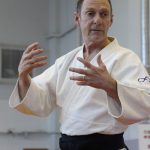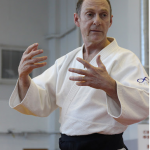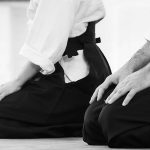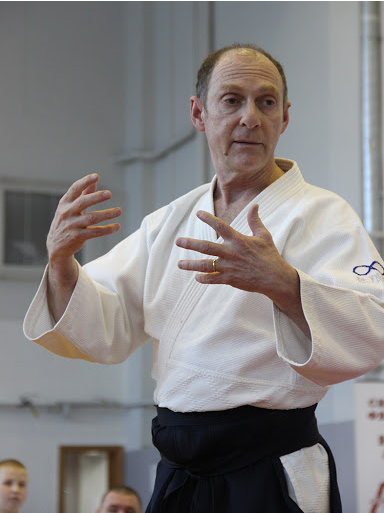
An Interview with a Master: Part 4.
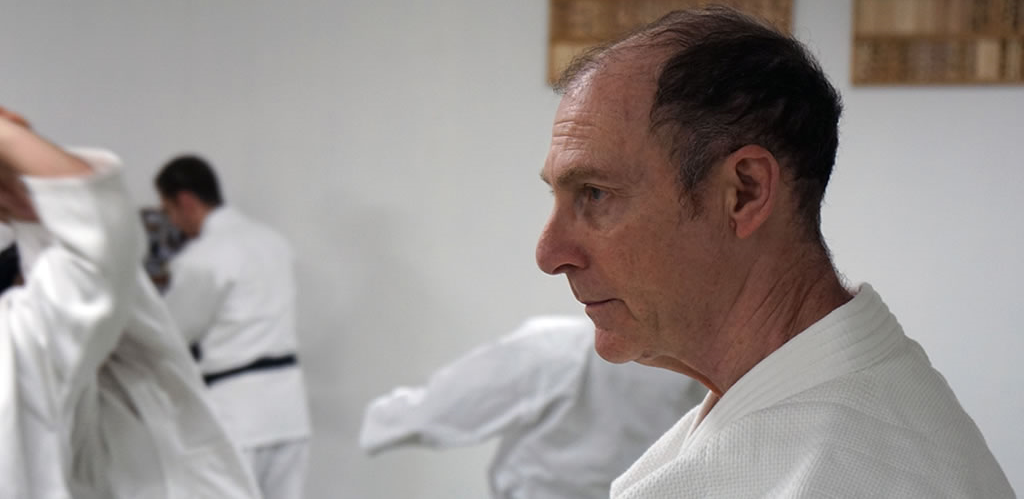
Q: Do you think the training you did has had a big influence on your life?
A: Yes, because you don’t think too much, you just do. It teaches you how to concentrate, to focus and to put everything into whatever you are doing. That is the most important thing in Aikido.
Q: What is?
A: Focus! That is also what attracted me to Kancho (Shioda Gozo). The focus in his movements. There was no preparation. It was like a fish. From not moving and then -“PAA!”- changing direction in an instant. It was a kind of explosive power and natural focus. That comes from the training. Just watching, learning without thinking.
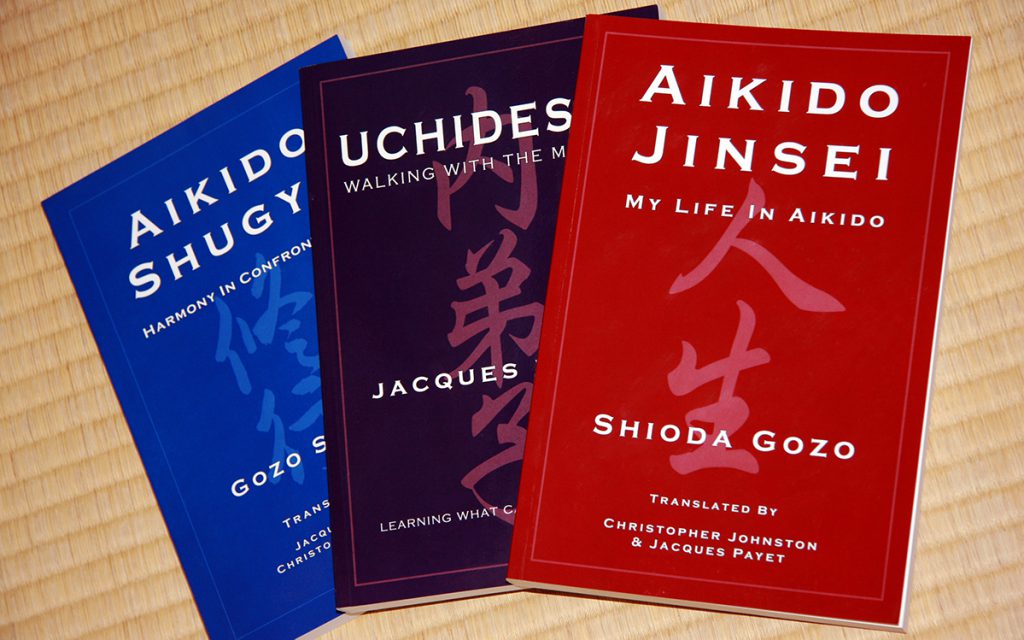
Q: Is that the goal of the basics?
A: Yes, this power is already there. When it is necessary, it just explodes without preparation. But that comes from this traditional training. It is not just a technique.
Q: So, it is difficult to do that kind of training today?
A: It is very hard, because today we know the science, so we have more explanation – more knowledge of how things work in the body, but we don’t have this opportunity to work in this traditional way, so it is very hard.
Q: I really want to know, why did you write the book Uchi Deshi?
A: When I was at the Honbu, I had this diary that I would write for myself. A few years later when I moved to the states, I was on a special visa that meant I couldn’t work, except for teaching aikido.
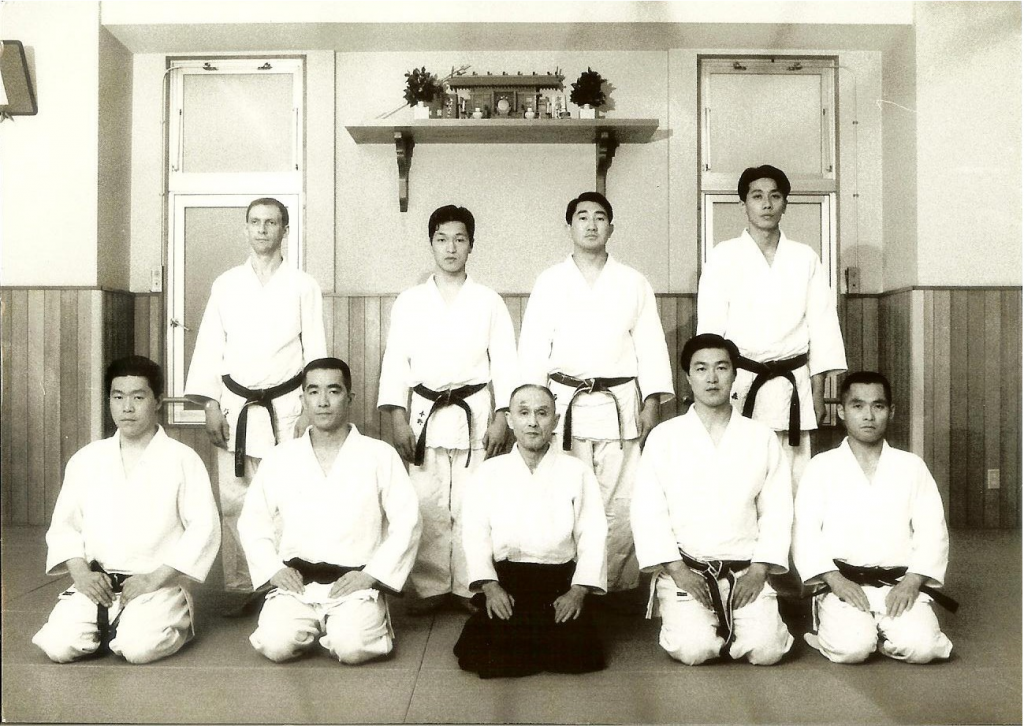
So, in the beginning I had a lot of free time, and I wanted to improve my English, so I started to rewrite the pages from my diary. I showed that to one of my students who said he thought it was interesting and that he wanted to edit it.
So, we started to work a on that and little by little it became a book, but first I wanted to ask an editor and printer who was also doing aikido, and he said, “I am sorry, but nobody will be interested in that.” So I said okay. A few years later when I went to Canada to see Chris Johnston, I gave it to him, and said to him “If you find any interest in this, it’s okay. Otherwise is okay, too”.
He didn’t tell me anything, but last year when I went to Canada, he said we must publish this book because he had read it again. He thought we should. He said he thought it was an important work and that he wanted to publish it, so that is why we decided to publish it.
Q: Reading your book, it is really interesting that you always seem to have a very positive attitude. You never seem to be complaining, it is always this was good for this or this was a positive experience for me, where do you think that positive attitude came from?
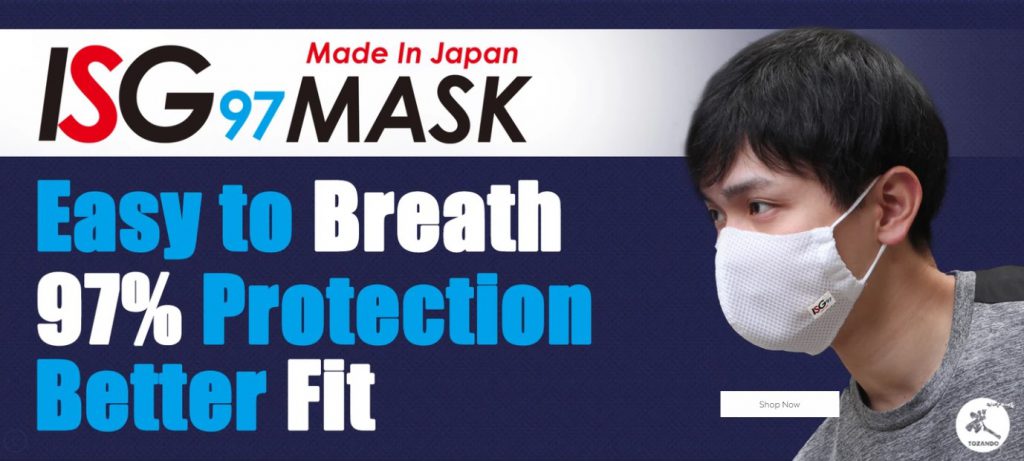
A: well, I think that is important too, because there is always bad things, but if you look at everything, whatever bad thing, if you look carefully you can always find some small good thing, and I prefer that, because it gives me more energy and… that is really the principle of aikido to try to find harmony in everything, so when a lot of things are going against you, you always find a small place, a weak point or something you can change, so that is why I choose to always stay positive whatever the situation.
Q: That is also a thing that you hear from a lot of people who know you, they say Jacques Payet Sensei is always laughing.
A: Shioda Sensei was always laughing, too. He had a very powerful and loud laugh and he enjoyed life. He could be very strict but that was just for a moment and then after that he would just smile, so I think that is a good thing.
Q: To be able to do both things?
A: Yes, and to change very fast.
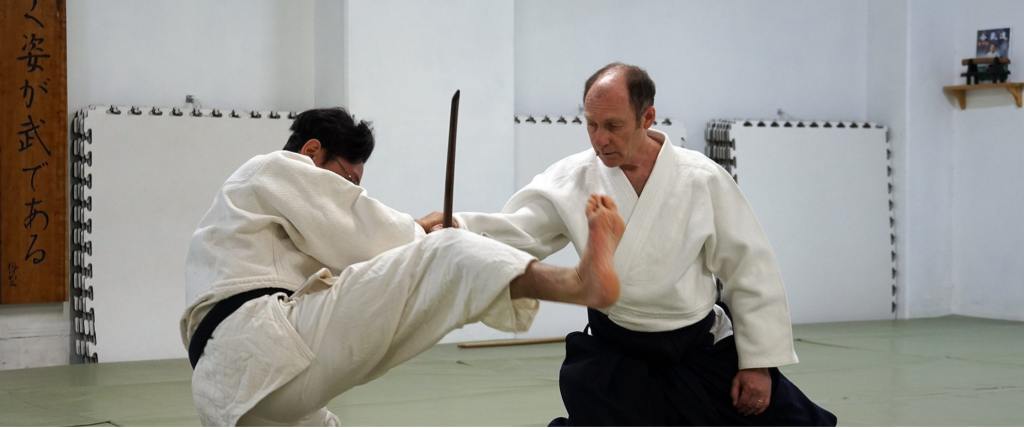
Q: Just like he moves.
A: It could be full attention on you now and very concentrated and then “switch” and then something completely different.
Q: That is an amazing ability.
A: Yes
Q: Not having something going on in the back of your mind.
A: No, its “Pa!”, this ability to just switch instantly, that was really amazing.
Q: The sub-subtitle of your book is “Learning what can’t be taught.” That is a very interesting subtitle.
A: I think that’s what we talked a little bit about, this Ishin-Denshin (connection of two minds), what cannot be taught in words or by explanation, or by theory it is something you have to feel.
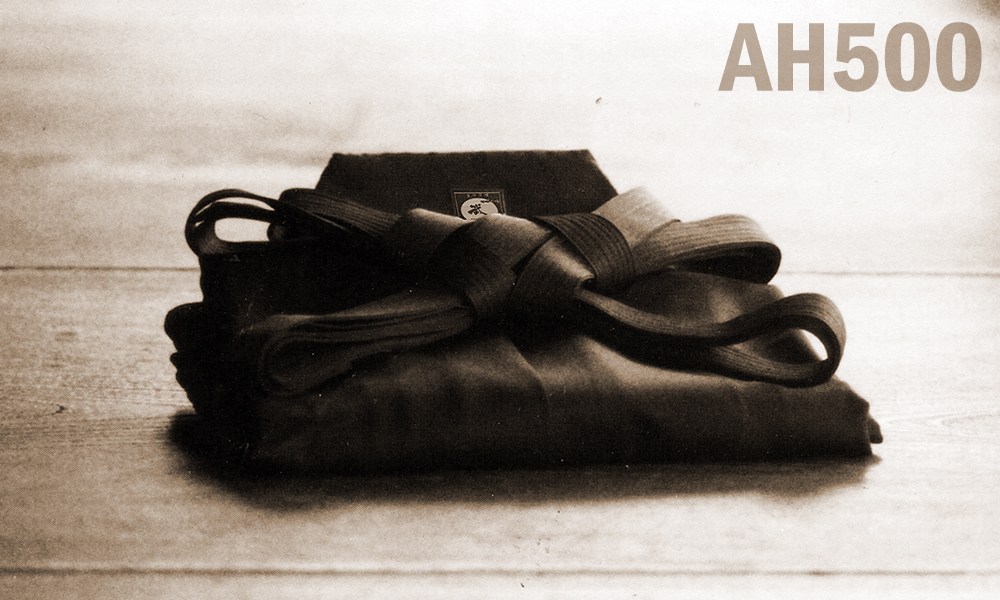
It is a heart-to-heart connection, it’s a different kind of learning, you can’t just learn it from a book. You can’t just learn it by explanation. It is a way of living and I think that all the traditional teachings are like that. For me most of what really matters in my life are like that, everything you can learn does not have as much value.
Q: Yeah, there are many things you learn, for example, in schools that you just have to learn, but you never use it again.
A: Yes, it is useful for life, but it is not really what matters most.
Q: It is not life.
A: Yes.
Q: Uchi Deshi is not your first book. You have also translated two other books, Jinsei and Shugyo. What made you translate these two books?
Continued in Part 5.


